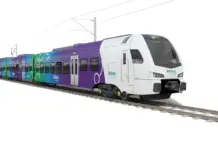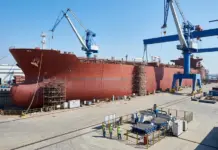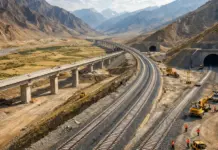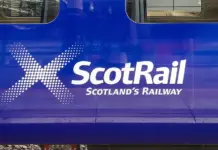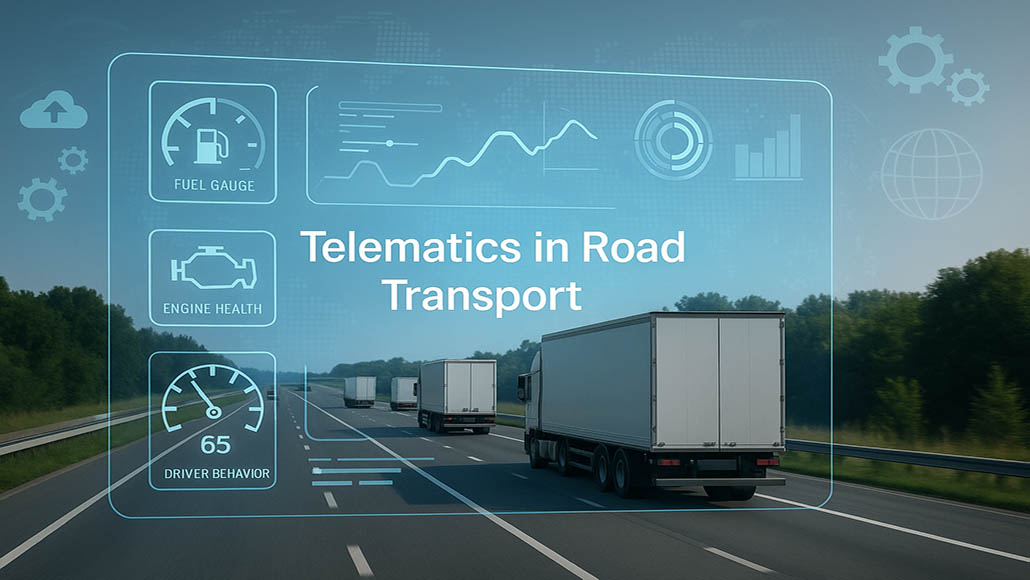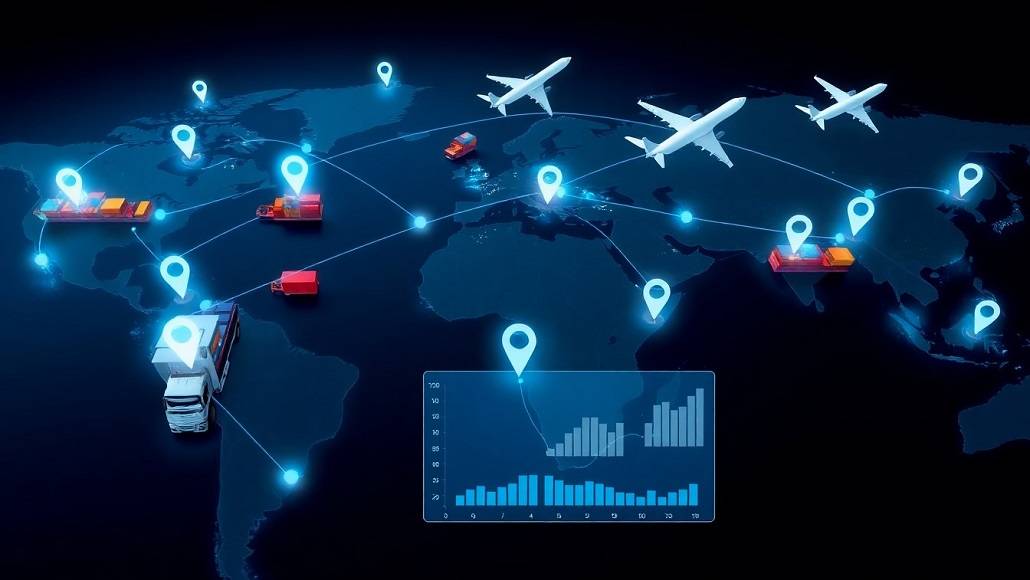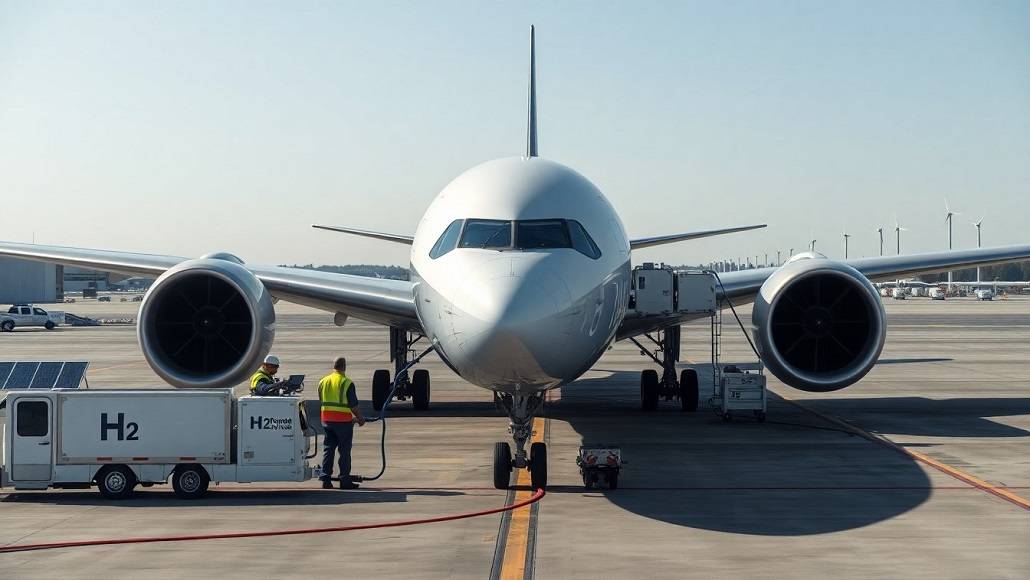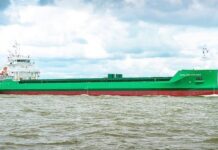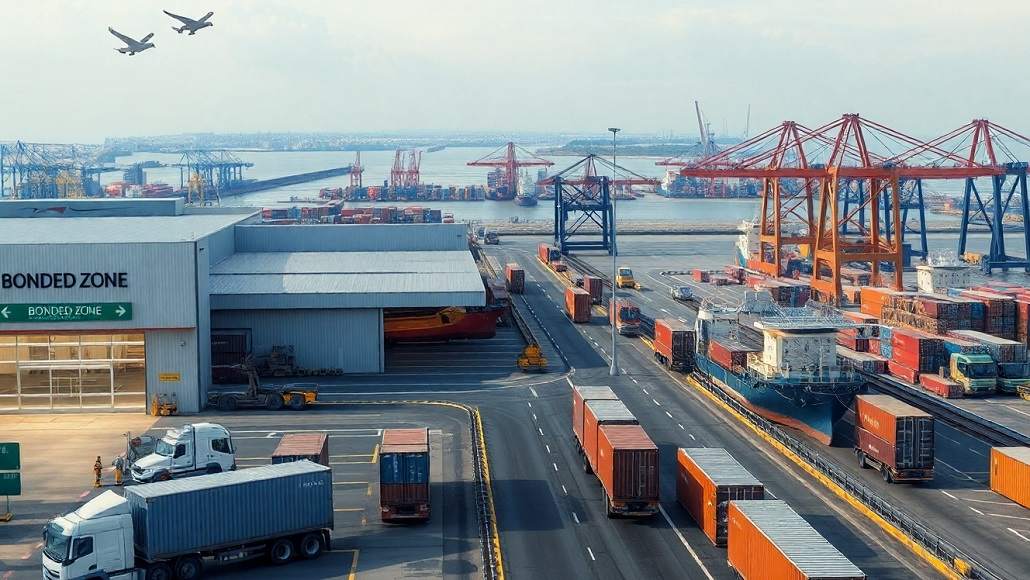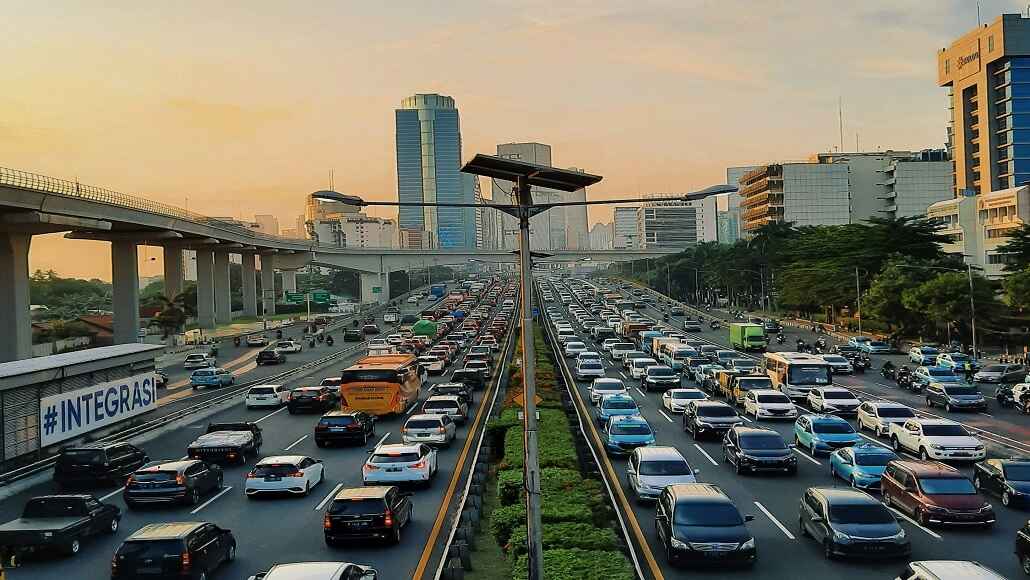Worldwide Port and Maritime operations and their associated facilities and infrastructure collectively represent one of the single greatest unaddressed challenges to the security of nations and the global economy today. The reason that ports and shipping activity are so difficult to secure lies primarily in their topography. Ports are typically large, asymmetrical activities dispersed over hundreds of acres of land and water so that they can simultaneously accommodate ship, truck and rail traffic, petroleum product/liquid offload, storage or piping, and container storage. The movement of freight, cargo (solid or liquid), and transport through a port is generally on a “queuing†system, meaning that any delay snarls all operations1. Whether or not delays are related to security, security generally falls by the wayside in the interest of time management or convenience.
Globally, there are very few uniform standards for point-to-point control of security on containers, cargoes, vessels or crews – a port’s security in one nation remains very much at the mercy of a port’s security, or lack thereof, in another nation. Organized crime is entrenched in many ports2, and a large majority of them still do not require background checks on dock workers, crane operators or warehouse employees. Most ports lease large portions of their facility to private terminal operating companies, who are responsible for their own security. The result of this is a “balkanizedâ€, uneven system of port security and operations management as a whole.
In spite of awareness by public policymakers that ports remain critically vulnerable3, funding and government-led efforts to harden port facilities worldwide is moving at a glacial pace. Terrorists, in particular, are aware of this unaddressed vulnerability. As outlined below, the threats to the maritime industry are very real. Unfortunately, the question of whether terrorists will act to exploit the weaknesses in port facilities is, unfortunately, not a matter of “if†they will, but “when†they will.
For further details, please click here to download the whitepaper.
Source: Duos Technologies, Inc.





